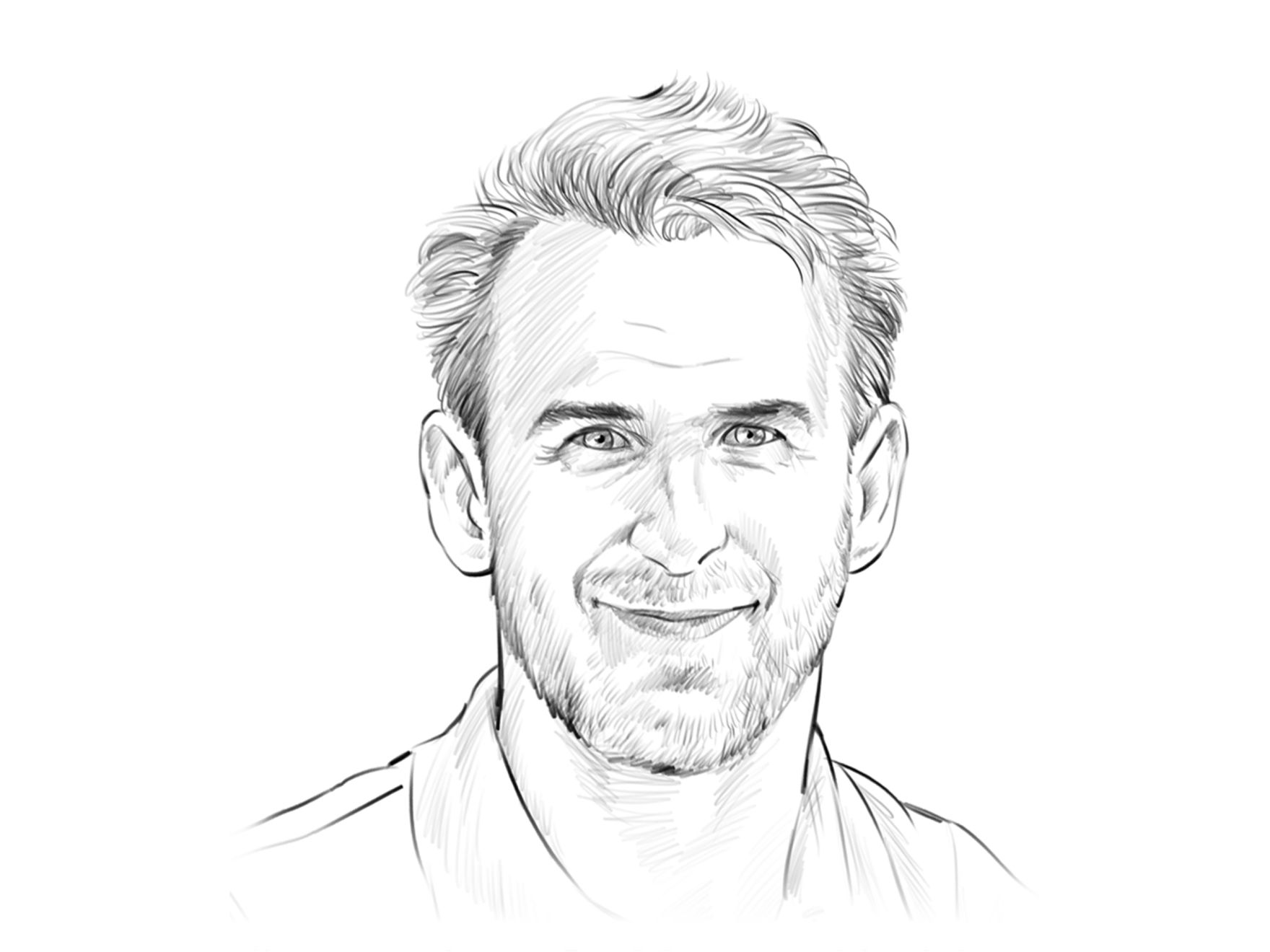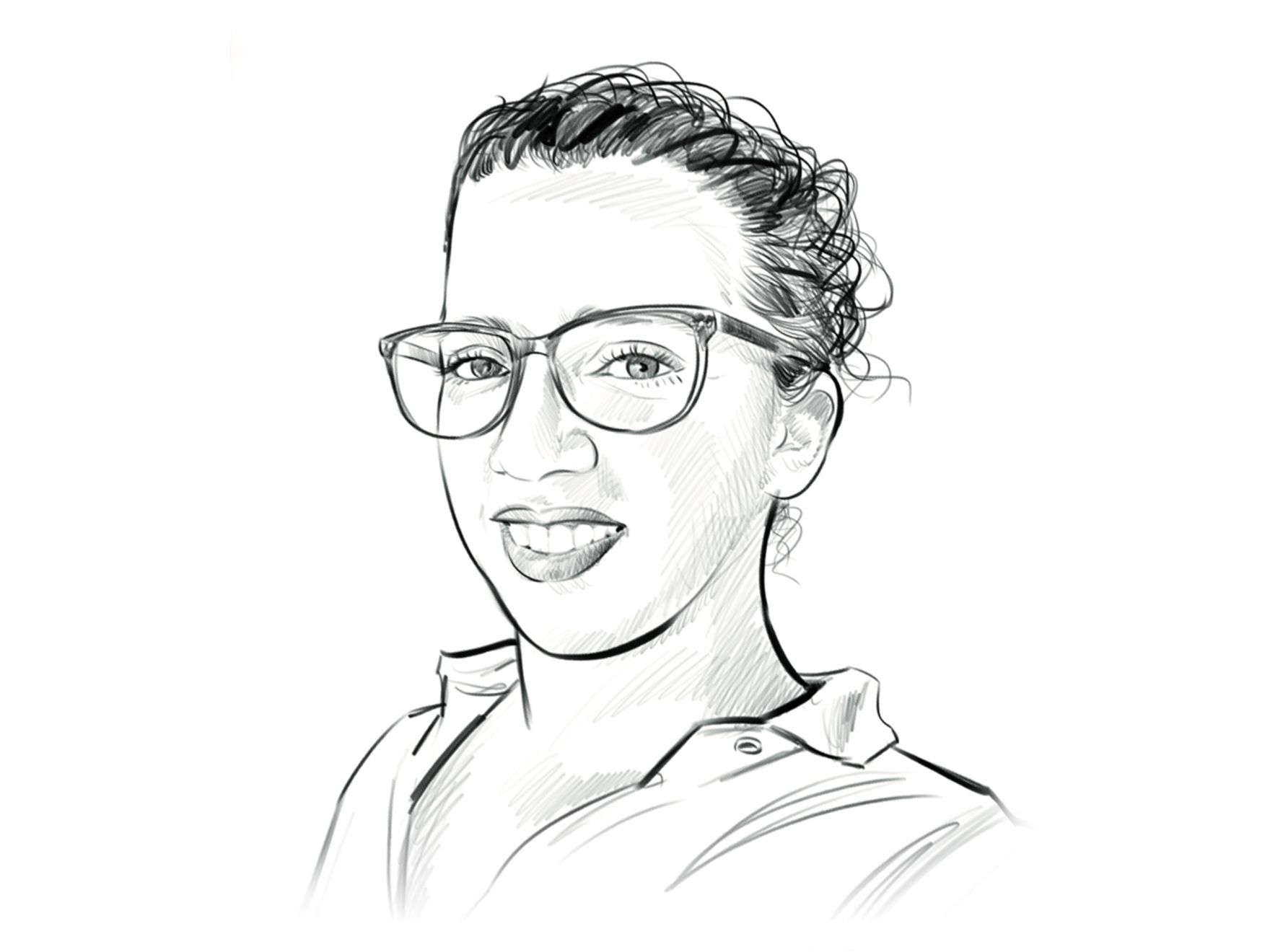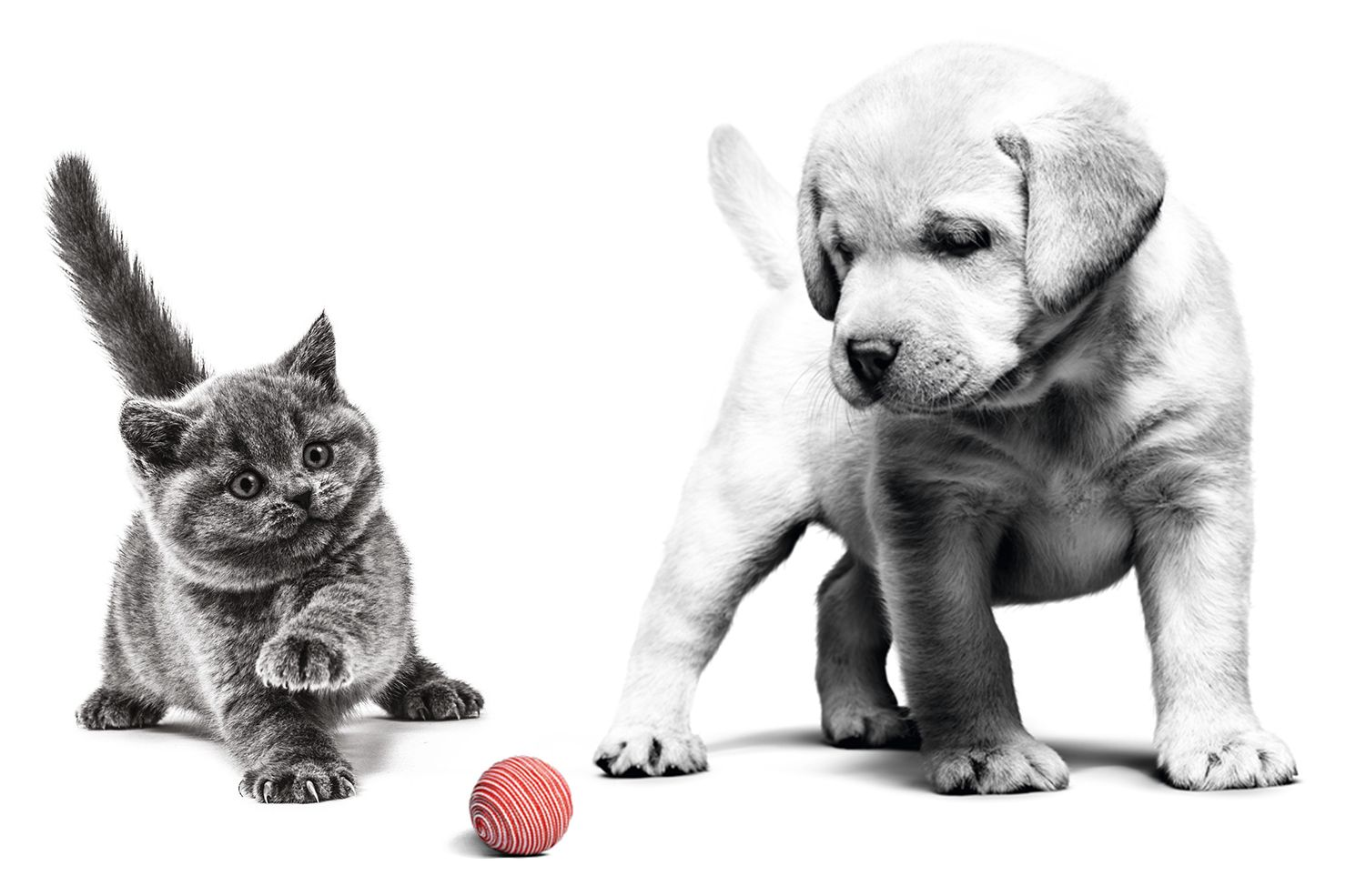Credentials: Royal Canin Professor of Small Animal Medicine* • Specialist in Small Animal Internal Medicine
Homebase: Institute of Life Course & Medical Sciences and School of Veterinary Science, University of Liverpool
Where in the world: Wirral, England
* Royal Canin has funded Prof. German’s academic position at Liverpool since 2004.
The one who knows prevention is the best cure
Alexander James German, a member of our Puppy & Kitten Expert Board, is a Professor of Small Animal Medicine at the University of Liverpool, a Diplomat of the European College of Veterinary Internal Medicine, and a Royal College of Veterinary Surgeons Recognised Specialist in Internal Medicine. A vet, an educator, and a scientist, Professor Alex German believes that he is at his best when he merges all three.
As a Specialist in small animal internal medicine with almost 20 years’ experience, for Professor German, all roads led him towards a special interest - comparative obesity biology - a field that still inspires him. By treating dogs and cats with the condition and undertaking research into this challenging disease, Professor German knows that he is helping to improve their quality of life.
Calling obesity a disease can be controversial, but to Professor German and his peers, it is absolutely a chronic disease. And as such, it is easier to prevent than to fix. He has learned from research that you have to start early, because it is the early life stage that is the most fundamental. If you can get the behaviour right, the nutrition right, the portions right, you can give kittens and puppies the best start in life and hopefully prevent an array of chronic diseases from manifesting in the future.
They have also found that genetics play a critical role. As with humans, pets can have a genetic predisposition to obesity. The more ‘risk genes’ they have, perhaps the greater the chances they will have a big appetite or weight issues. Nevertheless, genes have to work in concert with environment.
One of the most exciting projects in his career has been developing evidence-based growth standards for dogs and cats. This was truly a multi-team effort, with Professor German joining forces with scientists at WALTHAM, Banfield, University College London and Royal Canin. These standards are very similar to those developed for children by the World Health Organization, and provide a practical tool to enable owners and veterinary professionals to monitor the development of kittens and puppies during their early life. As always, the relevance to the topic of obesity is evident here; in many species (including humans, cats and dogs), patterns of growth -- especially rapid growth -- are associated with risk of developing obesity later in life. Therefore, in developing the growth charts, Professor German is hoping that they will be used to identify at risk animals, enabling preventive measures to be implemented.
“As a chronic disease, pet obesity is easier to prevent than to fix.”
— Prof. German, Specialist in Small Animal Medicine
It is this experience gained from developing the growth standards that Professor German will bring to the Puppy & Kitten Expert board. Joining the board also represents the latest phase in a longstanding and very successful collaboration with Royal Canin; the company has funded his academic position since 2004, enabling Professor German to be involved in many research projects, not least the work done on pet obesity and the growth charts. He looks forward to being part of the panel. “Royal Canin is an ethical company,” he says, “and believes science should be at the heart of everything they do. As I do.” He sees his role on the board as providing guidance on ensuring optimal growth, for puppies and kittens during their early life stage, as a means of preventing chronic disease, as well as maximising lifespan and quality of life.
Given his specialty, he has solid advice for anyone intending to adopt a kitten or puppy, whether from the pound or a breeder: Speak to a vet early on to be sure you get the best advice. And maintain that relationship throughout your pet’s growth period and beyond.
Moments that matter
1994 - Earned Veterinary degree from University of Bristol
2005 - Opened the world’s first specialist weight management clinic for cats and dogs at the University of Liverpool
2017 - First publication on the development of evidence-based growth charts for dogs
5 questions with Prof. German
Are you a more of a dog or a cat person?
I am a fan of all equally, but I have tended to own cats. My first cat when I young was a Siamese named Suki who lived to be 20. There were a couple of kittens, Cleo and Sinbad. Then Floyd, a deaf, all-white cat with two different coloured eyes. I have probably owned upwards of 15 or 20 cats in my life. As a vet, you tend to adopt waifs and strays and I am no exception to this rule. Clarence was one of the inspirations for starting the weight clinic in Liverpool. I had 3 cats and we never paid attention to who was eating what -- some cats are bingers, some graze...but it became apparent that Clarence was eating more than his fair share.
What are the main errors we commit with puppies and kittens?
1. Worrying that we are not feeding them enough and that they are not growing. Instead, most of the problems we see with nutrition and development are due to owners feeding them too much.
2. Believing that an adult diet (or a home prepared diet) is perfectly fine for growing puppies and kittens. Instead, feeding our pets a diet designed for their life stage is most critical.
Is there something you would like to never hear again from pet owners?!
“What’s the harm with giving them the odd treat?” If it really was an odd treat, it would be okay. But they are usually successive treats. And people don’t adjust for the fact that something that seems small for a human, like a little piece of something, if you scale it up, it is a massive ‘treat’ for an animal. And they add up quickly.
Weirdest word of your everyday work life?
Contrafreeloader. Love this word. Dogs are contrafreeloaders – given the choice, they would prefer to work for food rather than have it given for free - the opposite of a freeloader! It has been proven in experiments -- If you give them a bowl of food or a puzzle they have to solve in order to eat, they value the work-for-reward. Cats much less so than dogs.
If you were a dog or a cat, which breed would you be?
I think I would want to be a miniature Schnauzer... they have lots of style. They have got the facial hair, lots of good grooming details. And if I was, wouldn’t mind be called Eric. Not sure why, but I think Eric is a good name for a dog.
“Adopting? Speak to a vet early on to be sure you get the best advice.”
— Prof. German, Specialist in Small Animal Medicine

Jan Suchodolski
Veterinary Gastroenterologist - Dr. med vet, PhD, DACVM, AGA (Fellow)

Cecilia Villaverde
Bachelor in Veterinary Medicine - Specialist in companion animal nutrition

Oliver Forman
Geneticist - Specialist in inherited diseases in companion animals - Wisdom Health
